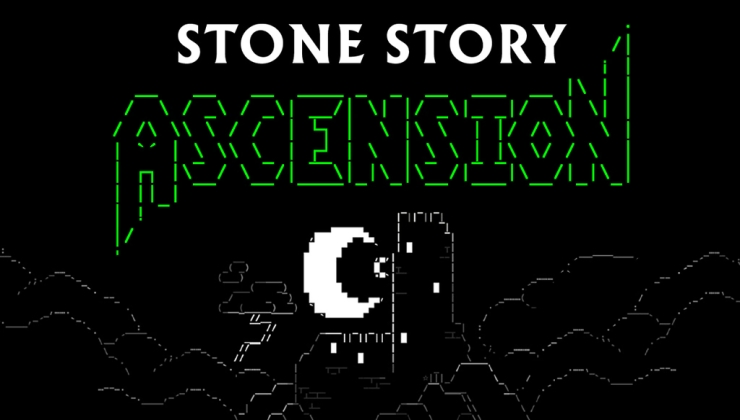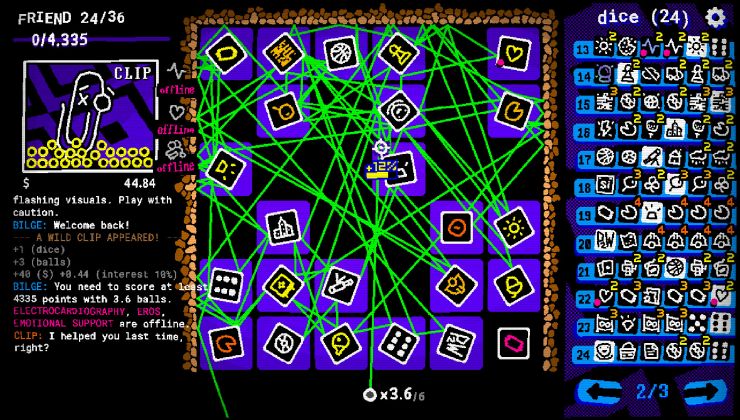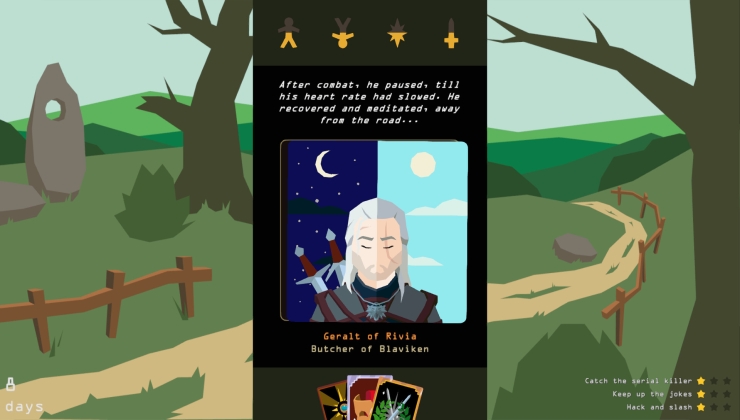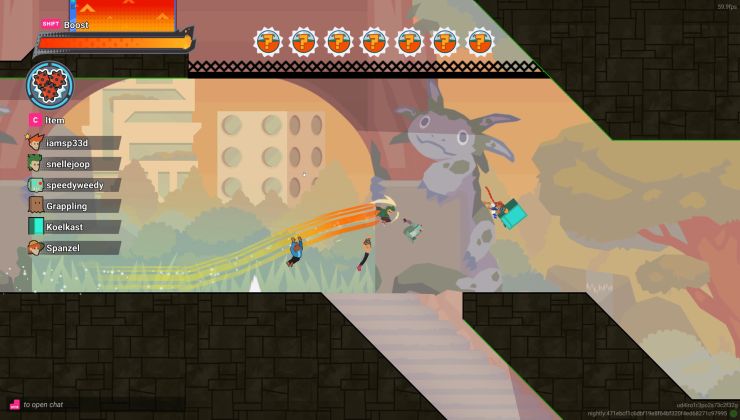Jason Ekstrand of Collabora just announced NVK, a brand new open source Mesa Vulkan driver for NVIDIA GPUs. No you're not dreaming but it's also not from NVIDIA directly — as usual the open source community is doing the work.
It's still early-ish days for NVK but what they've been able to do with it so far sounds reasonably promising. The current nouveau drivers for NVIDIA in Mesa aren't going to be removed but they don't exactly work well, and a lot of it was done coding in the dark with reverse engineering.
Things have come a long way though, with NVIDIA gradually releasing more documentation and recently their open source Linux GPU kernel modules.
NVK itself was written "almost entirely from scratch using the new official headers from NVIDIA" over the last several months targeting Turing+. Ekstrand has some pretty high goals for it, like wanting it to become "the new reference Vulkan driver within Mesa" and so they're "building NVK with all the best practices we've developed for Vulkan drivers over the last 7.5 years and trying to keep the code-base clean and well-organized".
This is a serious effort to get a good open source driver for NVIDIA GPUs and that sounds awesome. Eventually it could become "what RADV is to AMD hardware" but there's a lot of work to get there.
As for OpenGL support, they might even end up using the Zink driver (an OpenGL implementation on top of Vulkan), instead of writing a whole new OpenGL driver to go along with it. Zink has come a long way too so it could be a pretty good plan.
See the blog post for all the info.
Well, one step further with better implementations for nVidia users. If it manages to get on par feature-wise (e.g. supporting nvenc, async reprojection for VR, etc.) with the proprietary driver, heck yeah! If nVidia would only go the same way AMD did with their support for the open source drivers and community...
But what I find interesting in this post is about the usage of Zink. Zink is amazing dude, it guarantee that we won't have a bad support to OGL in newer cards if they decide to not support old techs on it.
Quoting: ShmerlIt still needs the kernel driver with reclocking though, right? That didn't get upstream yet.It needs the GSP (GPU system processor) firmware, which is provided by Nvidia since open kernel modules announcement. So we have reclock support in this driver as well. Open kernel modules aren't upstreamed.
Quoting: mr-victoryIt needs the GSP (GPU system processor) firmware, which is provided by Nvidia since open kernel modules announcement. So we have reclock support in this driver as well. Open kernel modules aren't upstreamed.Do you mean this firmware already works with current nouveau kernel module or it needs that custom (not upstreamed) open kernel module from Nvidia still?
This is about just the Vulkan implementation, not an announcement of an upstream kernel module? Unless I'm missing something.
Last edited by Shmerl on 4 Oct 2022 at 6:48 pm UTC
Quoting: ShmerlDo you mean this firmware already works with current nouveau kernel module or it needs that custom (not upstreamed) open kernel module from Nvidia still?Actually, the new firmware is intended to be used by nouveau but instead of that we got a new driver using the firmware, because apparently starting from scratch is easier than refactoring nouveau.
The "kernel module" part is used as reference, not directly.
At least this is what I understood.
Last edited by mr-victory on 4 Oct 2022 at 6:53 pm UTC
Quoting: GuestThat's exactly a part of the problem. They are busy with it. AMD should get more attention in the market. Well, Intel is there too now with their first gaming GPU efforts.Quoting: dpanterClassic Nvidia "support". Are they going to help out at all this time? :neutral:No. They are busy with selling $2000 GPUs.
Quoting: dpanterClassic Nvidia "support". Are they going to help out at all this time? :neutral:I think it depends on the progress of this one and how promising it is. If it progresses well nVidia will most likely adopt it and start helping, since that will be cheaper and easier for them than maintaining their own closed driver. However, this depends on whether this new driver is able to meet the same performance levels as the proprietary one.
Will be a long shot though, but we knew after nvidia open sourced it we're talking years not month for a proper open source driver. Depends on the backing, if there are companies backing the devs fulltime, that will be a way faster journey (Valve? RedHat?)
I still hope long run Nvidia goes the way of AMD and contributes / invests there too. But they took a long time even opening up a bit (most work seems still behind locked doors, must be a documentation and organizational hell keeping the issues and request and internal development synced)
It's a start, let's see what time brings. I appreciate the effort too.
Nouveau have done a good job actually getting something working, and we should all appreciate that. But that game has changed.
Last edited by STiAT on 4 Oct 2022 at 10:52 pm UTC
Quoting: hummer010Turing+ ... this should be pretty mature by the time I can afford a supported GPU!:tongue:But it still includes Turing right? I mean, what will they do, do not support a Geforce GT1080? because that's Turing.
However, I do think this is good news.
Quoting: CyborgZetaI dislike NVIDIA, and will never buy any of their GPUs.Me too, not only did I hate the hassles (I always build latest kernels from kernel.org) and getting in over my head and having to go try to find third party patches, but every single Nvidia card I've ever bought died sooner than it should have. (even before the following I had an expensive GEForce 6600 GT die just out of warranty)
I remember thinking Charlie Demerjian (writing for The Inquirer at the time) was full of crap, until I started to see the trend for myself both on customer systems and personally. I believed Nvidia over anything that came out of the rectum of The Inquirer (sorry Charlie). It took longer on discrete GPUs with cooling fans etc. but the chipsets were all affected. To make a long story short, the GPUs were experiencing cracks between the connector "bumps" on the chips and the underlying substrate.
I had an expensive dual GPU Nvidia card that was nothing but trouble in games, and it died in less than a year (and BFG went out of business so I burned for it). So I put in another good Nvidia card that spent most of its life in the closet (I was unsatisfied and bought a new one a few months later). I decided it was time for a new build, so I sold it in that PC in good faith, and didn't it fail in about 3 months. The guy wasn't even a gamer. I was pissed off, but I bought him an entry level video card (Radeon 5450 or something like that... $60) out of my pocket and installed it for free. He didn't know the difference with his usage.
That soured me on Nvidia forever. I don't buy anything that has any of their hardware in it, for anyone.
I'm uglier than Linus, so I won't send you a pic of me flipping them the bird :-)
Last edited by Grogan on 5 Oct 2022 at 7:42 pm UTC










 4 Oct 2022
4 Oct 2022



 How to setup OpenMW for modern Morrowind on Linux / SteamOS and Steam Deck
How to setup OpenMW for modern Morrowind on Linux / SteamOS and Steam Deck How to install Hollow Knight: Silksong mods on Linux, SteamOS and Steam Deck
How to install Hollow Knight: Silksong mods on Linux, SteamOS and Steam Deck